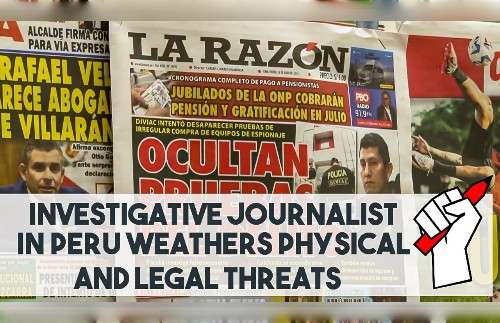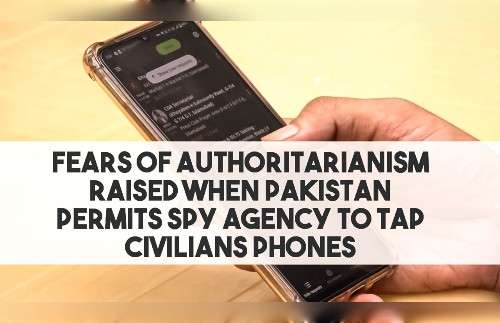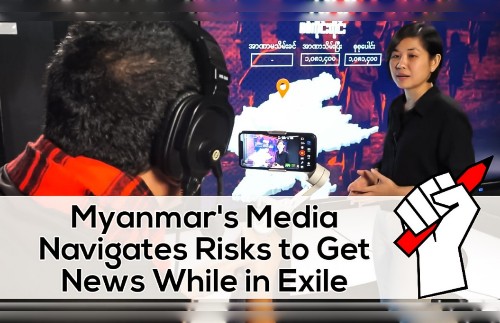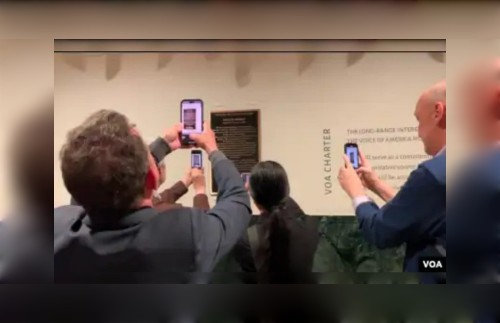Three years after the disappearance of Iwacu journalist Jean Bigirimana, the authorities do not show any will to advance the investigation. Reporters Without Borders (RSF) calls for bodies found shortly after the reporter’s disappearance to be scientifically identified.

For three years the journalist Jean Bigirimana has disappeared . Three years of opacity or inaction on the part of the authorities to shed light on what happened to the journalist of the independent news website Iwacu,missing since July 22, 2016. According to several witnesses, he was seen for the last time in the hands of National Intelligence Service (SNR) agents in Muramvya province in the center of the country.
To this day, the most serious track remains the result of a survey conducted directly by Iwacu’s editorial staff , despite intimidation and obstruction by local authorities. A few weeks after the disappearance of their colleague, their investigations led to the discovery of two bodies in advanced decomposition in a river, not far from where the journalist was last seen. One was beheaded. Called for identification, the journalist’s wife had not recognized her husband. The bodies were then quickly buried, without any DNA analysis being performed.
Three years after the death of this journalist, it is unacceptable that the investigation remains at a standstill even though there is at least one serious track that has not been fully exploited,” said Arnaud Froger, RSF Africa Desk Officer. . The few minutes spent by the journalist’s wife to identify the bodies found can not be enough to rule out the hypothesis that one of them could be Jean Bigirimana’s. The two bodies were in poor condition and one had been decapitated. We urge the Burundian authorities to seek formal identification of these bodies with scientific means. Only DNA tests can tell us with certainty if one of them is that of the journalist or not.
The writing of Iwacu, one of the few free media since the crackdown that followed the coup attempt of May 2015, is regularly in the sights of the authorities. His director was forced to go into exile for security reasons. In October 2017, the newspaper’s website was blocked , requiring the intervention of RSF to make it accessible again. More recently, the newspaper has been accused by the media regulatory body of “imbalance and slander”, letting fear of future sanctions while most independent media are threatenedwhen they are not already sanctioned at one year of the election presidential.
Burundi ranks 159th out of 180 countries in the World Press Freedom Index established by RSF in 2019 .
Copyright ©2016, Reporters Without Borders. Used with the permission of Reporters Without Borders, CS 90247 75083 Paris Cedex 02 https://rsf.org
















